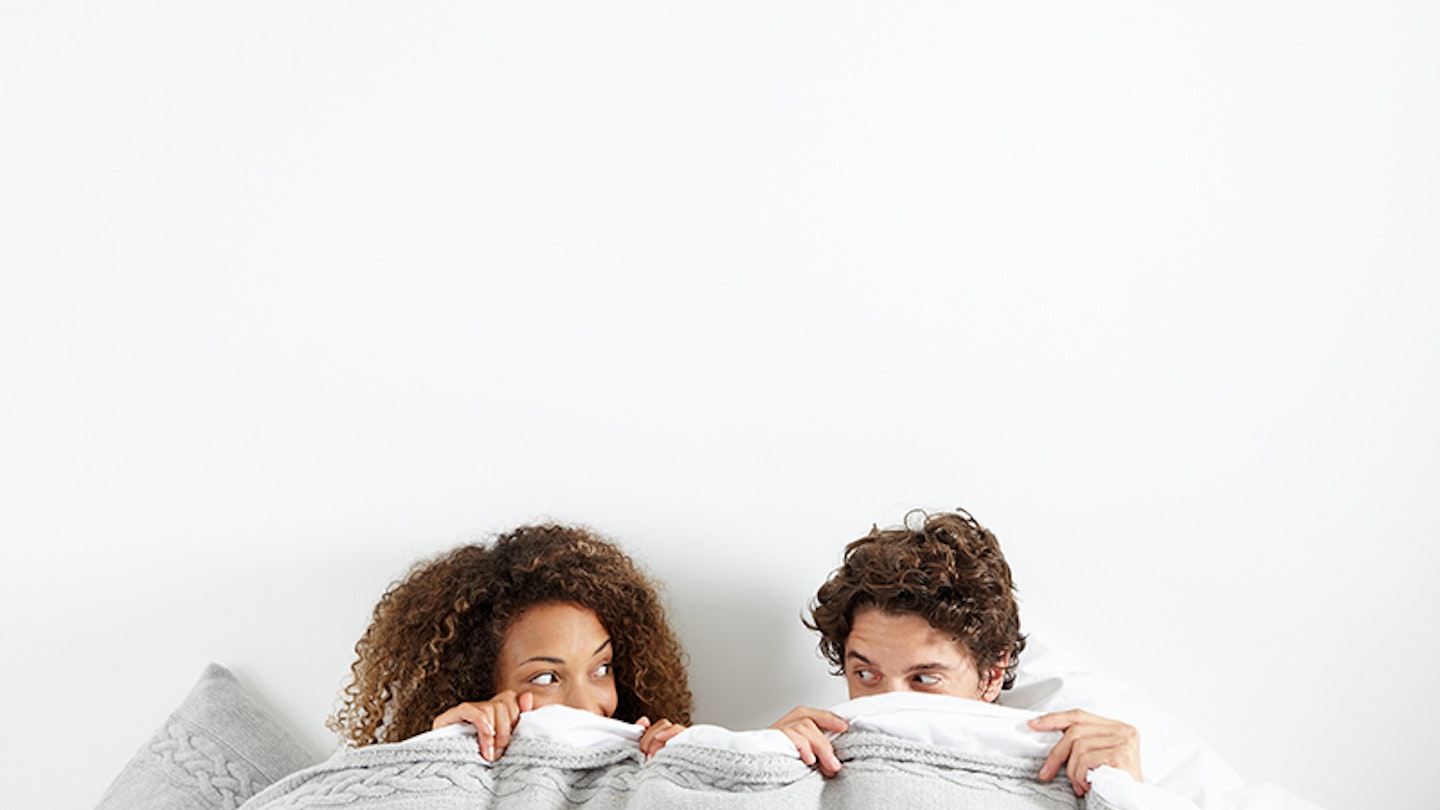Whenplanning to start a family, it can sometimes be tricky to decide when the 'best age' to fall pregnant is.
Of course, the 'perfect age' vastly varies from person to person. Some feel ready to start a family in their late teens whilst others prefer to wait until they have travelled the world and made a real a stamp in their career.
Everything from your relationship status, career, upbringing, fertility and whether or not you need your kitchen renovated ASAP can all effect your decision on when you have kids. "One age isn't right for everyone!" shout women everywhere. However, it's important to be clued-up on your biology and the risks that come with having children later.
When do experts say is the best age to fall pregnant? What do the mums (from M&B's Facebook group #mumtribe) think is the best age?
Here's everything you need know to make an informed decision...
What's the average age women start a family in the UK?
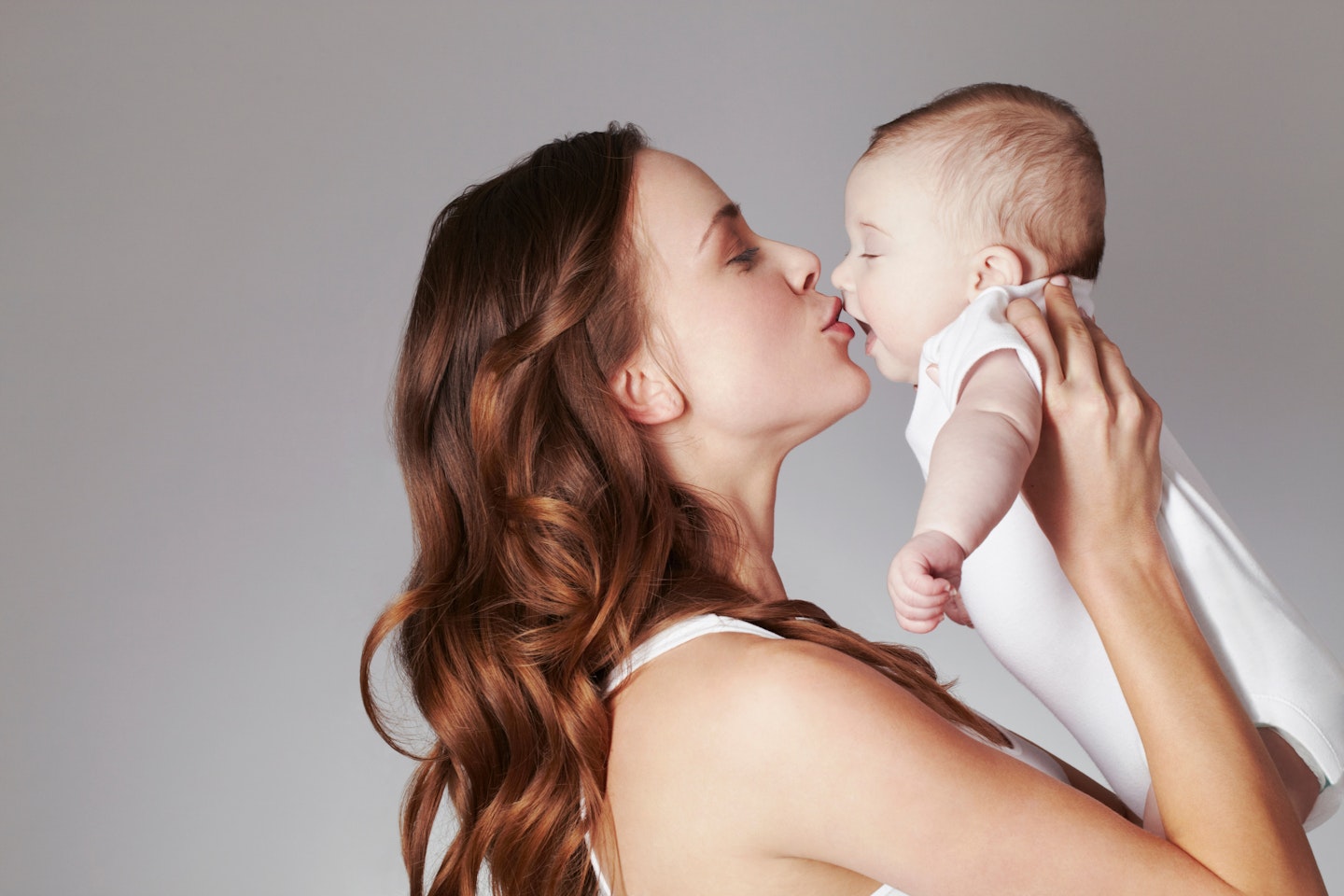
According to The Office Of National Statistics, women are starting families far later than previous generations. The average age of a first-time mum is now 30, compared with 29.8 years in 2012 – four years older than in the 1970s. This is the first time that the average age has entered into the three-decade mark since records began in 1938. Men on average, are 32 when they become fathers for the first time.
Related: What is TTC? Learning forum acronyms
The best age, according to our mums at #mumtribe:
We asked mums who have already been there to share their stories about what they think is the best age to start a family. When did they decide to have kids? Do they have any regrets? Their responses were brilliant...
age to have baby
 1 of 12
1 of 121) Hannah Parmer
I was 31, but would have loved to have started having babies sooner and to have been a younger mum but unfortunately the time was never right and I just wasn't ready!
 2 of 12
2 of 122) Laura Meredith
When you feel physically and mentally ready. I wouldn’t put a number on it.
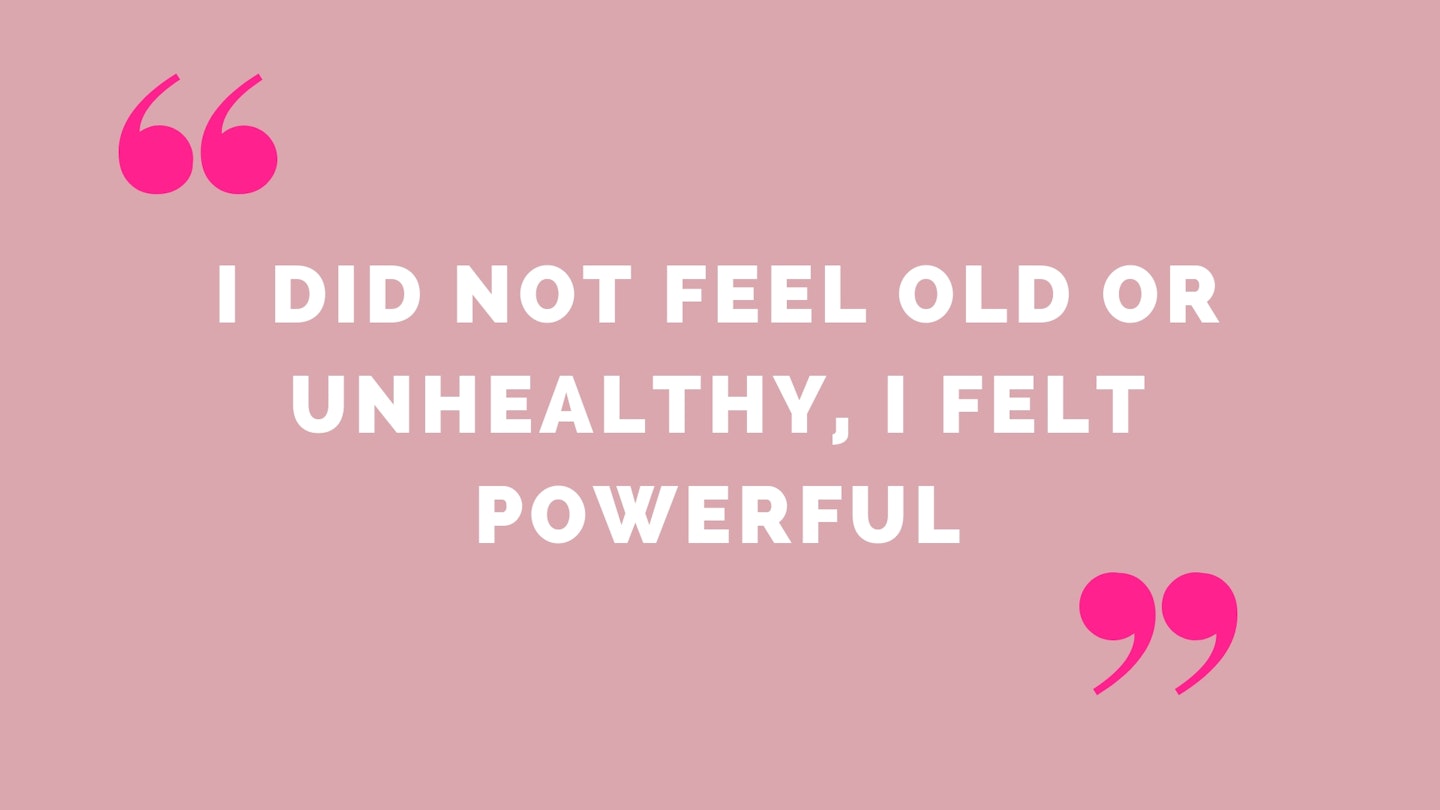 3 of 12
3 of 123) Helen Johnson
I think the best time is when you feel ready, but everyone is different and everyone has different lives. I was 38, my little one is 16 months now. It was the right time for me. Although one of the first things said to me was I’m a geriatric mother, I did not feel geriatric, I did not feel old or unhealthy, I felt powerful.
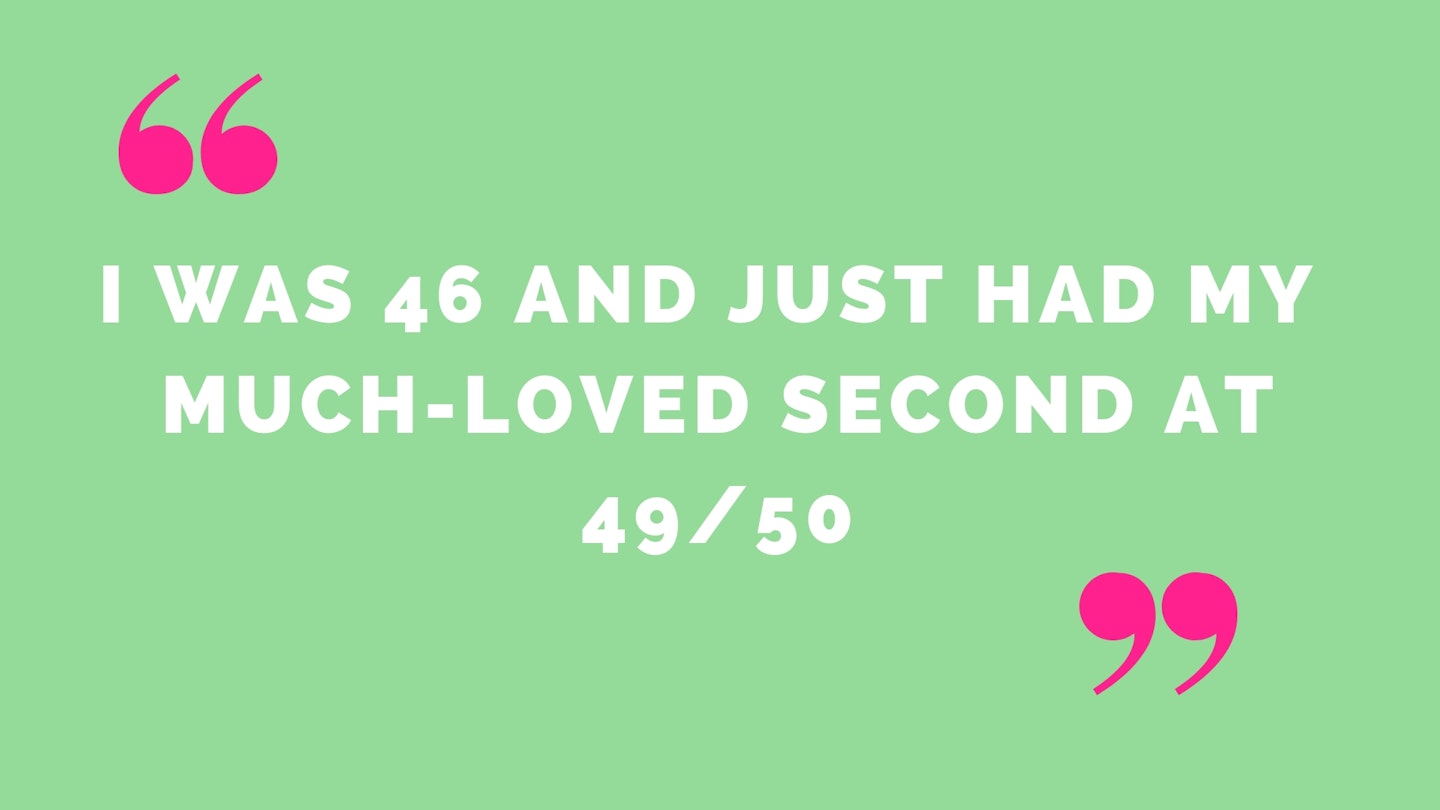 4 of 12
4 of 124) Lindsey West
I was 46 and just had my long-awaited and much-loved second at 49/50, so I’m prehistoric! I worried more about my age with the first one, now I just feel blessed with my two beautiful boy. Age is just a number, I just wish we’d started trying earlier as I’d have loads (of children) if I was ten years younger.
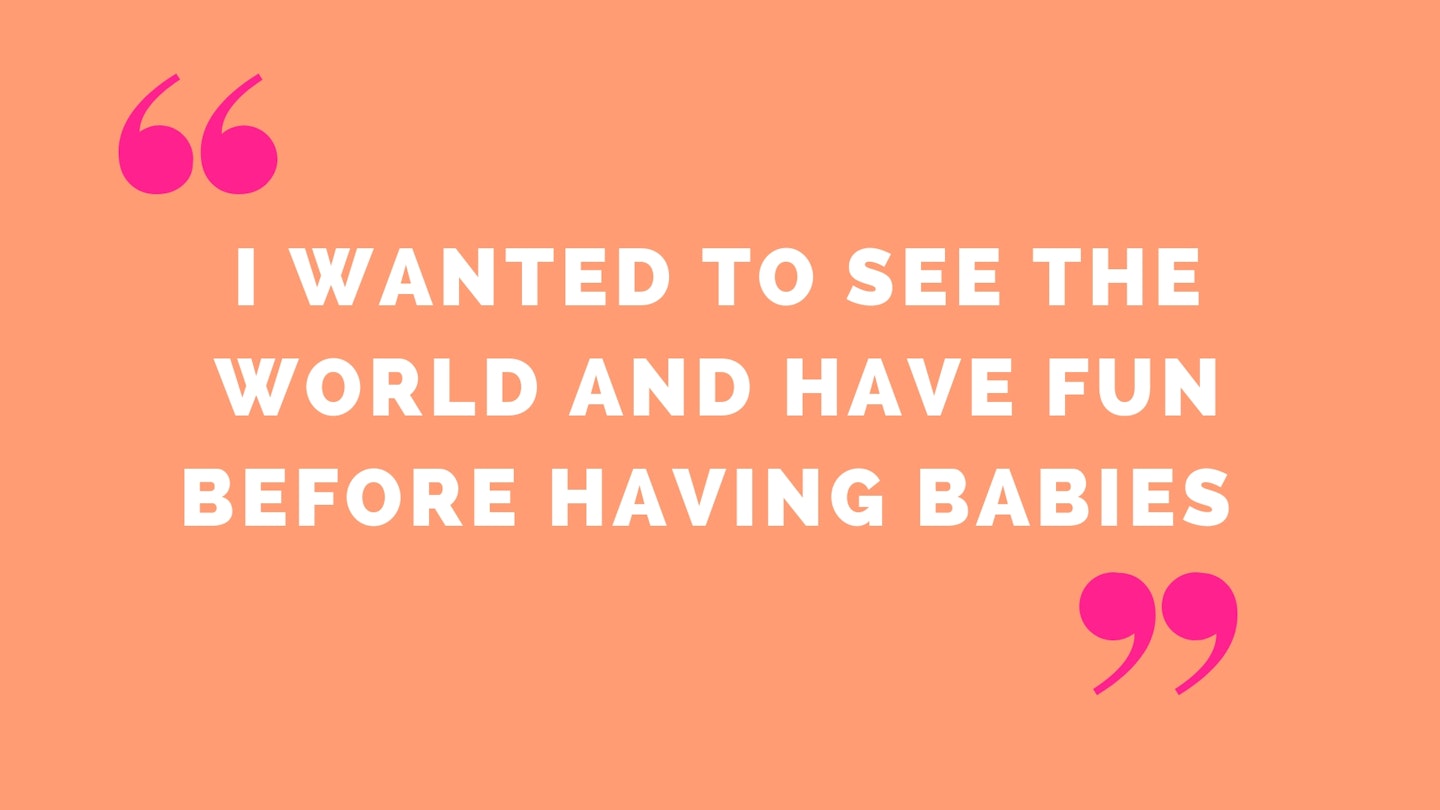 5 of 12
5 of 125) Demelsa Coleman
I think there are both positives and negatives for having them earlier or later. I wanted to see the world and have fun before having babies and get all those selfish things out the way. Having said that, after both no.1 and no.2 took longer than hoped to conceive I had wished I'd started sooner!
In some respects seeing those people who had babies in their early 20's with their kids now nearly grown up and ready to leave the house, these people are now able to enjoy time for themselves again, while we're at the toddler tantrum stages! But I certainly was not responsible enough to have kids sooner than 30!
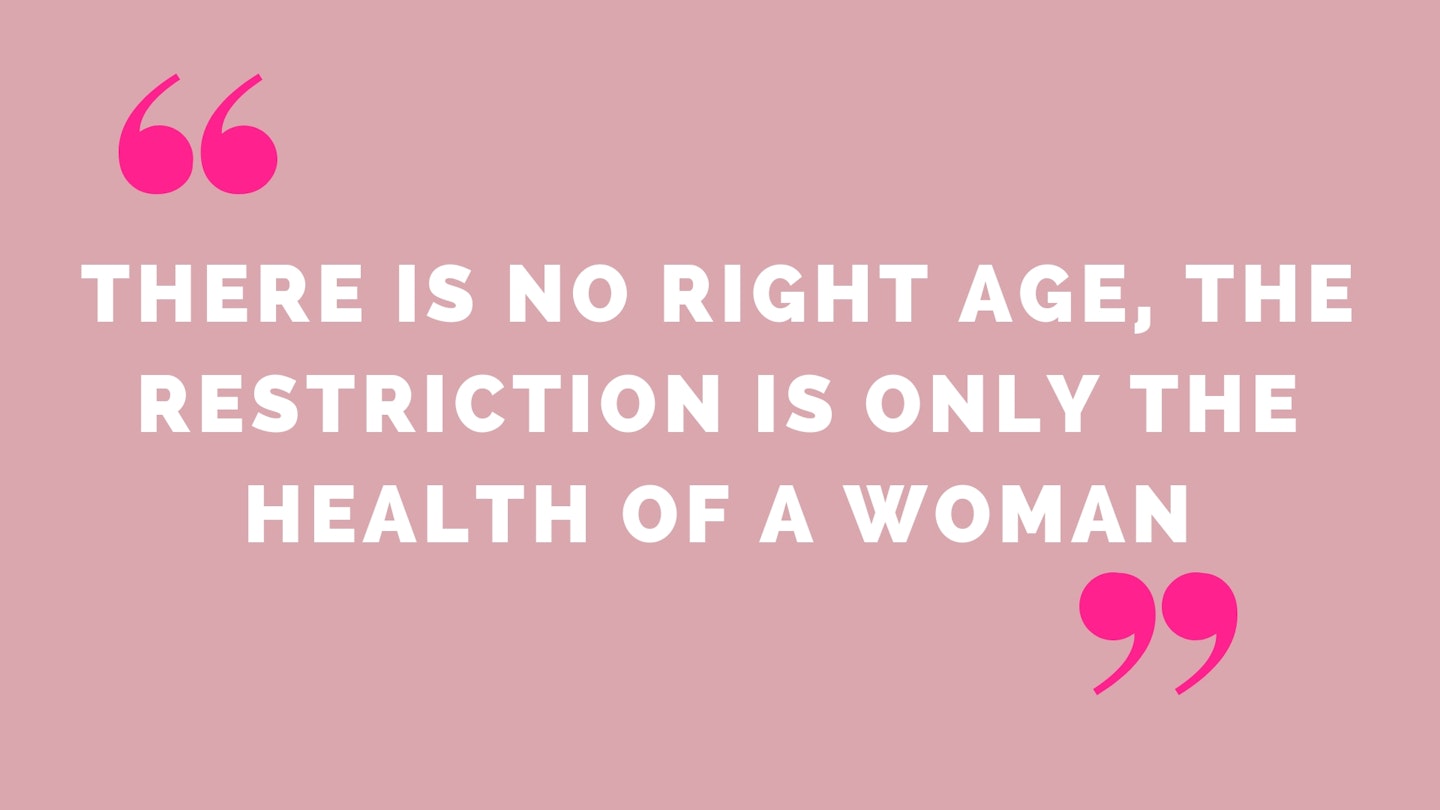 6 of 12
6 of 126) Nina Waddell
There is no right age, the restriction is only health state of a woman. The rest is a choice. Babies come at the 'right time' though, and i believe they choose us for a reason
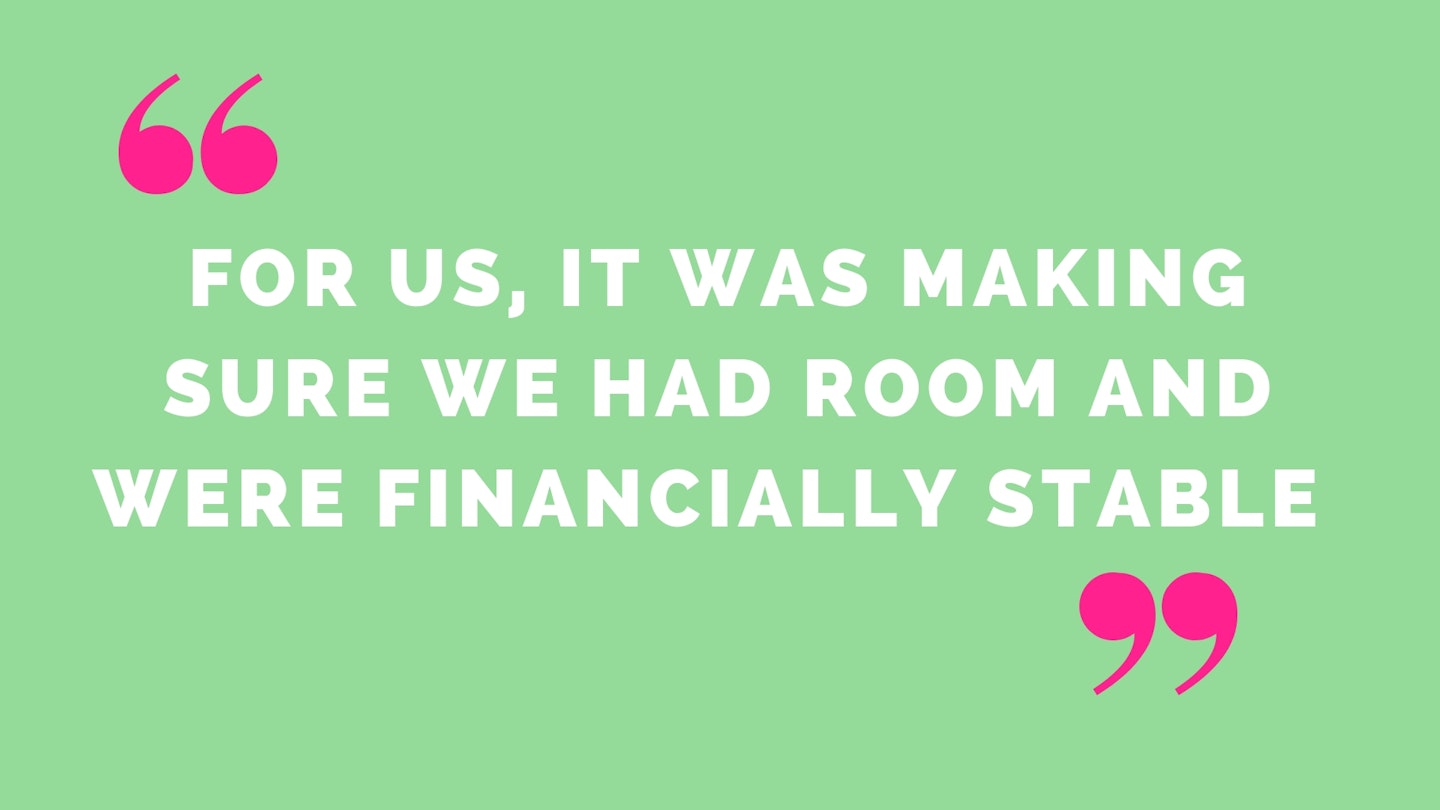 7 of 12
7 of 127) Pippa Jones
When you feel ready, for us it was making sure we had room and were financially stable. I was 37.
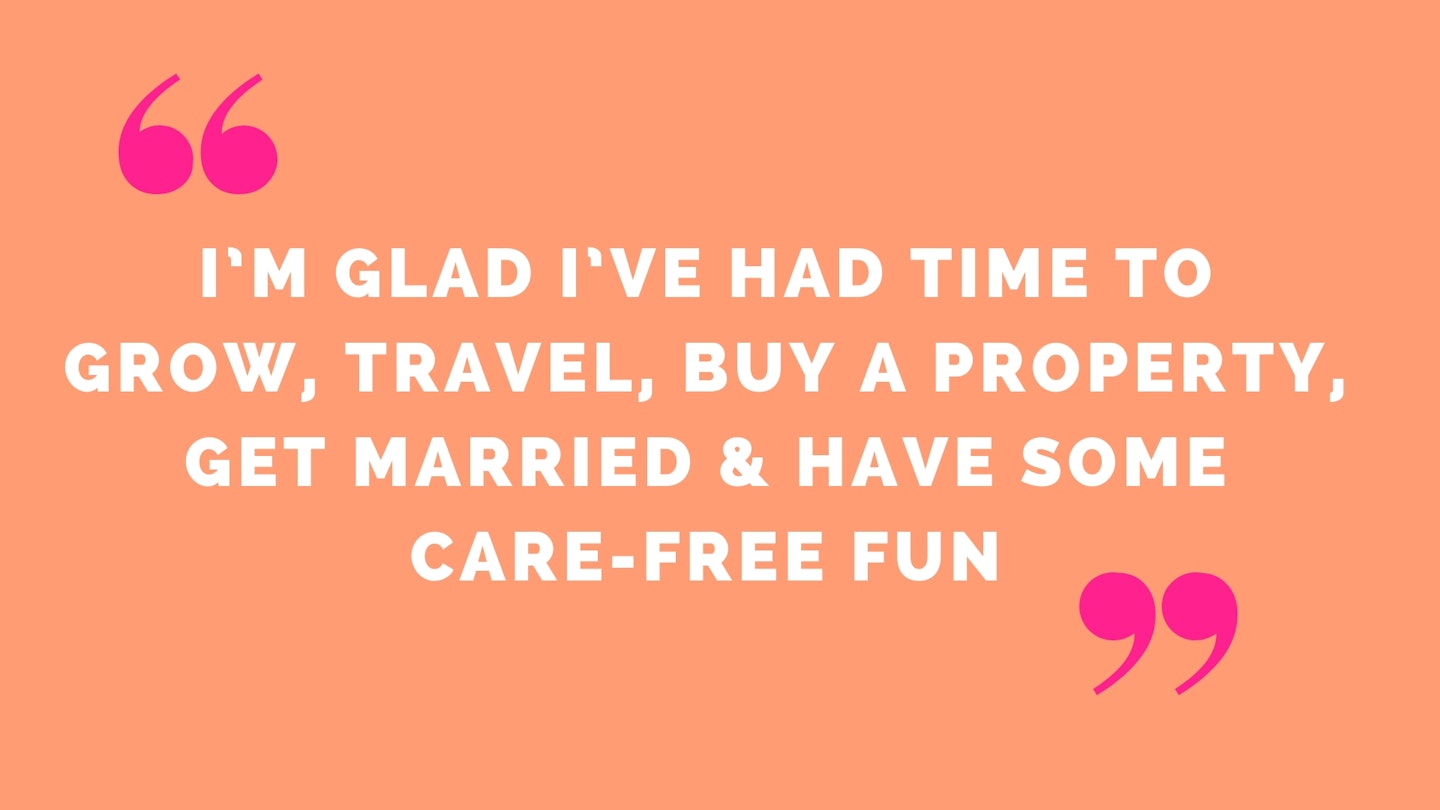 8 of 12
8 of 128) Rach Griffiths
Is there ever a right time? I was 32 when I gave birth to my son and now 34 having my second. We started trying when I was 26 but took years of fertility treatment to get there. Looking back, was I ready at 26 if it had happened? Probably not. I feel much wiser and maturer now than I did 8 years ago, but for some they are ready what ever age it happens. I’m glad I’ve had time to grow, travel, buy a property, get married and have some care free fun, but that’s just me. Not everyone wants that.
 9 of 12
9 of 129) Chlöe Spratt
I have always known I’ve wanted children in my 20s. My little boy is 9 months, I had him at 23 I’m now 24!
I don’t think there is a 'right age', it's just whenever someone feels ready. I personally felt ready at my age others may feel it’s too young! I felt well established in my job and was financially stable, so for me, my baby came at the right time!
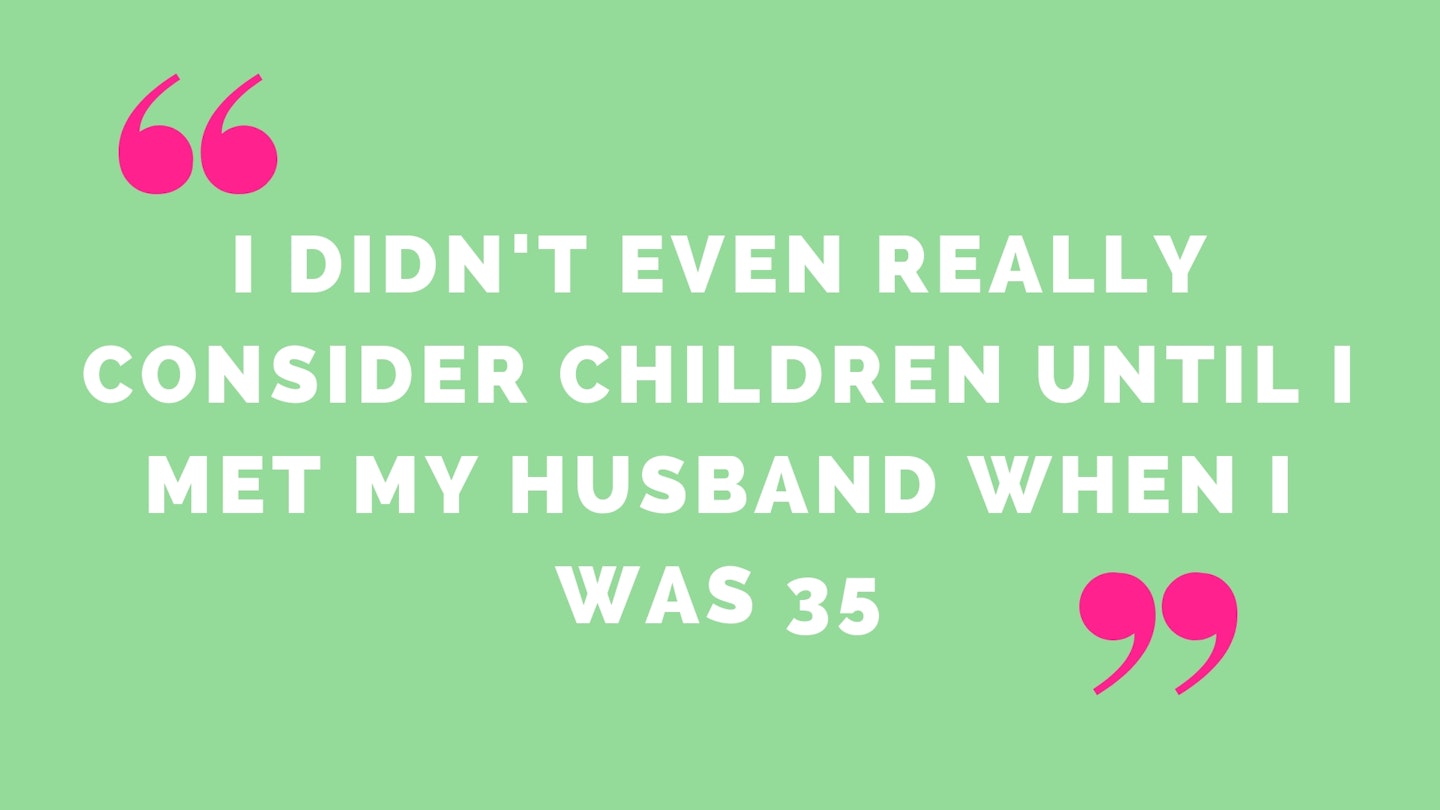 10 of 12
10 of 1210) Fiona Bolger
I didn't even really consider children until I met my husband when I was 35. I didn't want to have a baby with someone that I didn't see myself spending the rest of my life with. Our son eventually came along when I was 42 and it felt exactly the right time. He's completed us
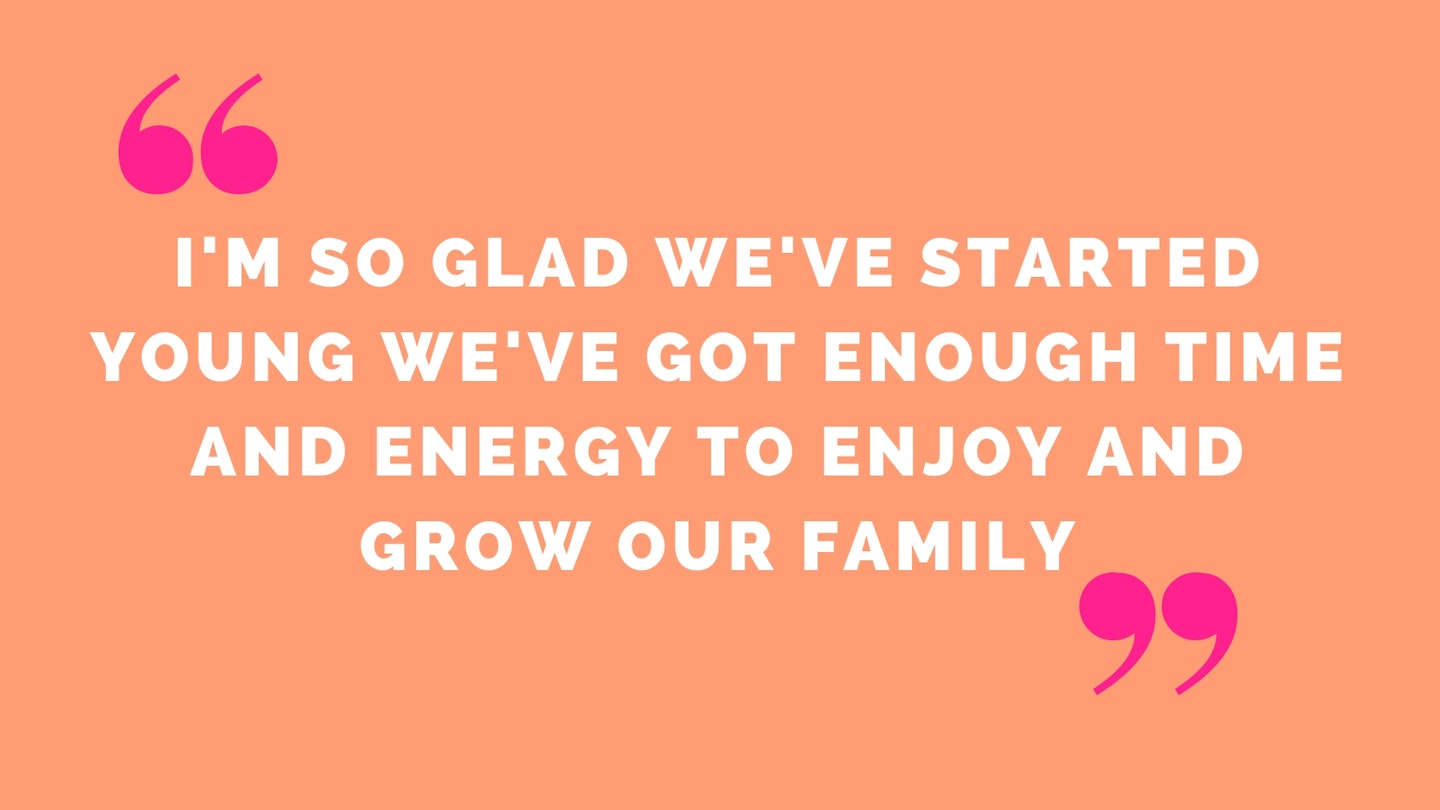 11 of 12
11 of 1211) Tara George
I've just had my first at 25. We've had our house since I was 20 and got married two years ago. Foreign holidays and travel never really appealed to me. I'm so glad we've started young we've got enough time and energy to enjoy and grow our family. And I like the idea of being able to be young enough to still enjoy our time when our kids are older
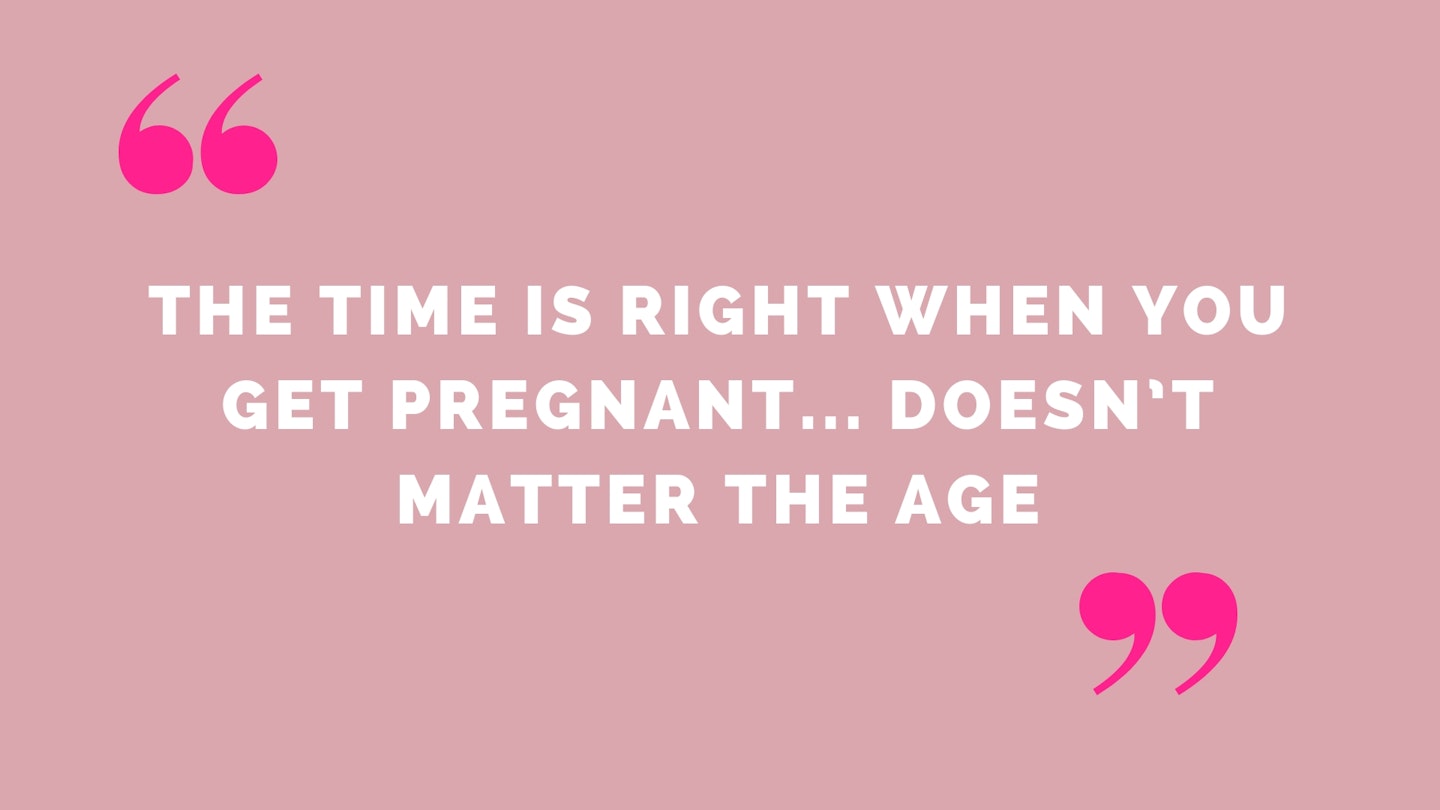 12 of 12
12 of 1212) Laura Bratherton
The time is right when you get pregnant. Doesn’t matter the age. I am the oldest child from my mums side of family and everyone were waiting for me to have kids since I was 19! I had a lot of pressure back then to find a husband and have kids. Luckily my brother had his kids first so everyone backed of for a few years. When I got pregnant with my first, I was 33. My whole family pretty much threw a party! I
am happy I didn’t listen to them. I didn’t care to find a husband. I cared to find THE husband. Wanted to have a good career so I could provide for my kids. This was very important to me as I come from a poor family. I must say I’ve achieved all of that and now have a beautiful family, I wouldn’t change it for the world. Some would say I’ve done the family thing a bit late, but I’d say, I’ve done it right.
The best age, according to your fertility:
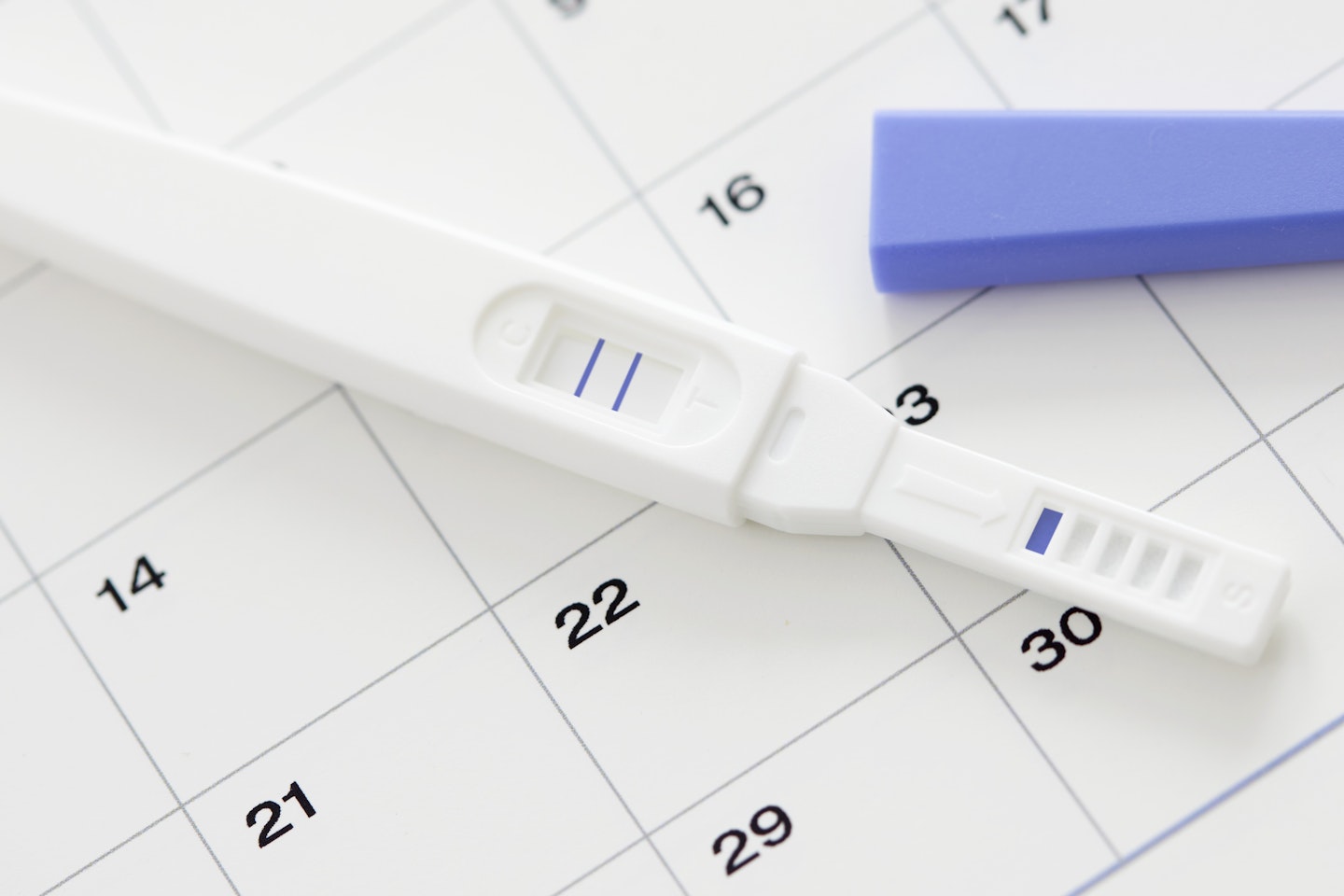
Although every woman will have her own choice to make, the simple truth is that a woman's fertility doesn't last forever. Women are born with all the eggs she'll ever have—about 1 to 2 million of them, according to the American College of Obstetricians and Gynecologists. The number of eggs you have, begin to decline once they start menstruating (normally around 12-years-old).
A woman’s fertility will continue to decrease every year (regardless of external factors!) as the quality and frequency of eggs slowly decrease. Even if a woman is not ovulating (e.g. if she is taking the contraceptive pill, or is pregnant), the number of eggs continues to decline at the same rate. A woman's fertility begins to drop during their 30's, especially after the age of 35.
However, men are not born with sperm and instead produce it daily. Their fertility begins to decline in their 40sand its caused by the diminishing number and quality of sperm they can produce. Regardless of age, men can still have fertility problems even if they're ejaculating during sex.
Women are actually the most fertile when you're a teenager and though your body is ready for babies when you're younger, it often doesn't provide the right circumstances for women to have children at that age.
The late teens or early twenties are 'best biologically', according to John Mirowsky, a sociologist at the University of Texas at Austin. That’s when 'oocytes are fresh and the body’s reproductive and other systems are at a youthful peak'.
Women in their twenties are also less likely to suffer from complications during pregnancy and birth that could put the baby at risk. They also have the lowest rates of miscarriage, ectopic pregnancy, stillbirth, and infertility. However, Mirowsky also points out that being age 20 or younger, has it's problems too. He explained pregnancy is 'more likely to happen out of wedlock, more likely to interfere with educational attainment, and more likely to crystallize a disadvantaged status.'
What is a geriatric pregnancy?
Geriatric pregnancy is a term occasionally used for having a baby when you’re 35 or older.
What are the risks of having babies after 35?
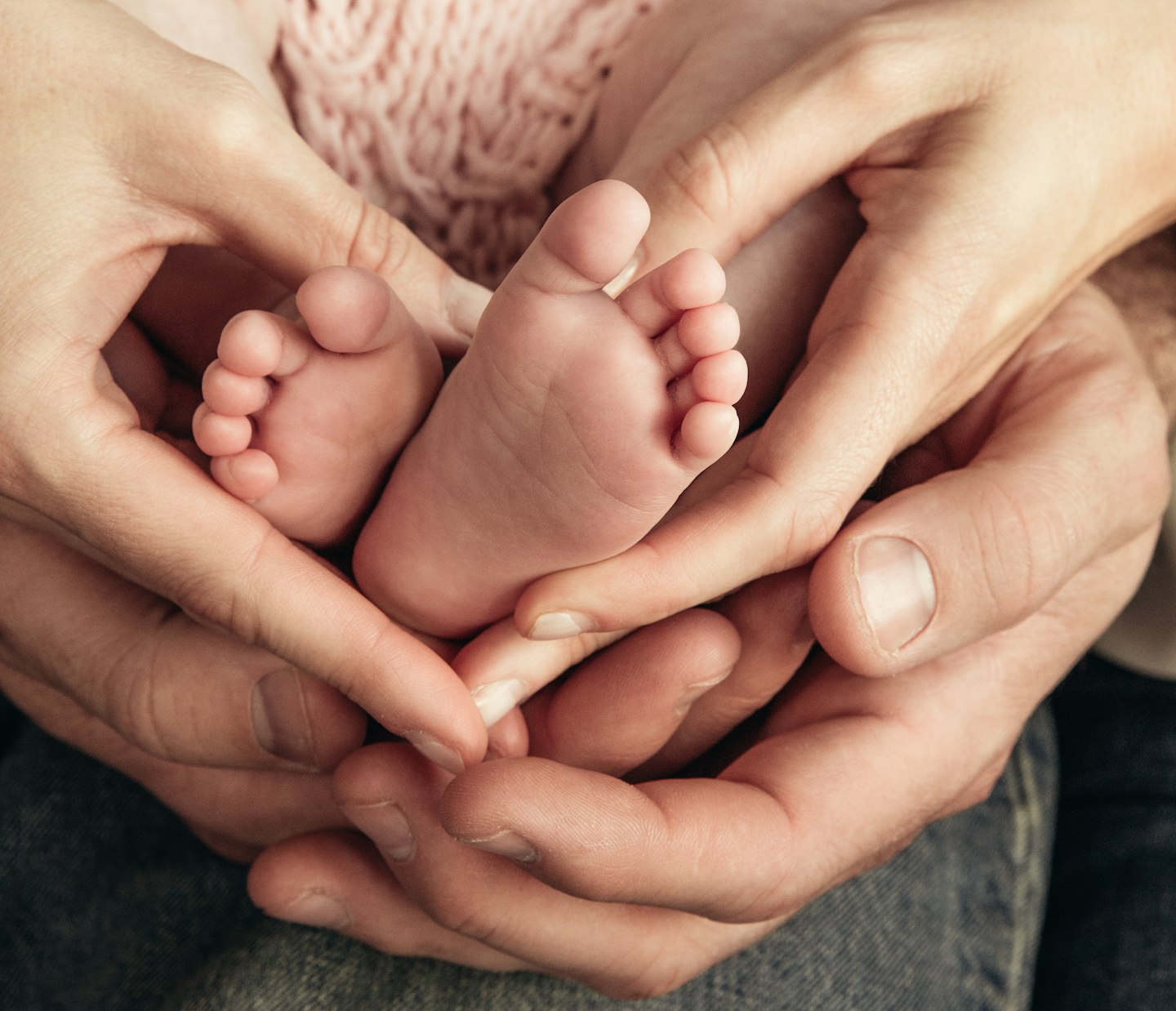
In an ideal world, women should be free to choose when to start a family based on personal and professional circumstances, however, there is still little that can be done to reverse declining fertility and reproductive ageing. One study published in the journal Human Reproduction found that women in their late thirties are about 50percent [less likely to get pregnant during]{href='https://www.oeaw.ac.at/fileadmin/subsites/Institute/VID/PDF/Publications/Working_Papers/WP2017_02_HFDRR.pdf' }their most fertile days than women in their early twenties.
According to the NHS website, the risks of having children when older are:
-
Greater difficulty in concieving child
-
Increased risk of complications for both mother and baby during labour
-
Higher risk of miscarriage in women above the age of 35
-
Higher risk of having twins or triplets, (which is associated with higher risk of complications)
-
Increased chance of having a baby with a congenital abnormality, such as Down’s syndrome
-
Increased risk of pre-eclampsia
The benefits of having children later
It's not all doom and gloom for women who are planning/expecting babies later in life. A London School of Economicsstudy found that children born to mums ages 35 to 39 tended to score better on cognitive tests at age 10 and 11 than those born to younger mums. The study highlighted that older mums often have higher levels of education and better finances, which the researchers say could contribute to having smarter kids.
